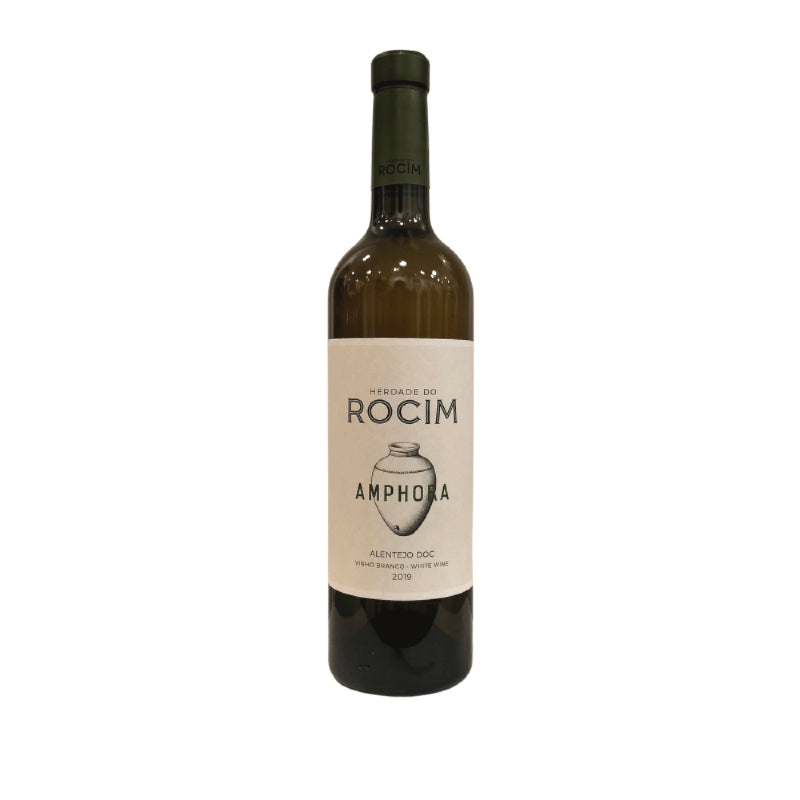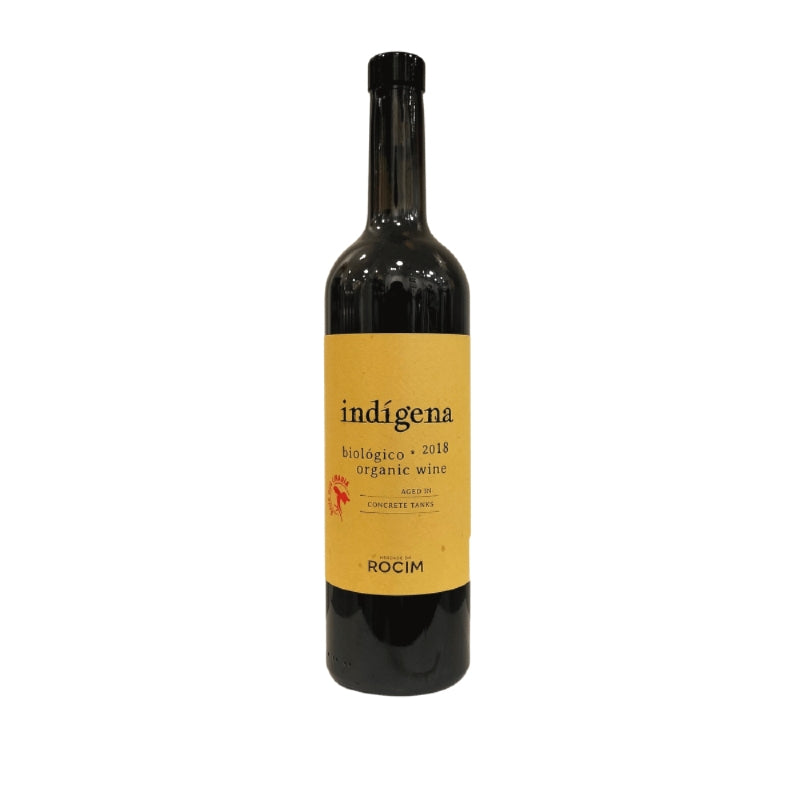Herdade do Rocim
Herdade do Rocim, a prominent wine producer in Portugal's Alentejo region, has a rich history and a commitment to sustainable winemaking practices. The estate, located between Vidigueira and Cuba, was established in 2000 and has since become a significant player in the Portuguese wine industry. Covering an area of approximately 150 hectares, with 70 hectares dedicated to vineyards, Herdade do Rocim has invested heavily in replanting vines and introducing new grape varieties to enhance the quality and diversity of its wines.
The winemaking at Herdade do Rocim is led by Pedro Ribeiro, who is both the co-owner and the winemaker. Under his guidance, the winery has embraced innovative techniques, particularly the use of amphorae, large terracotta vessels traditionally used in the region. This approach has set Herdade do Rocim apart, as it revives ancient winemaking practices that contribute to the unique character of their wines. The winery hosts an annual Amphora Wine Day, celebrating this method and bringing together producers who share this passion.
Sustainability is a core focus for Herdade do Rocim. The estate is certified under the Wines of Alentejo Sustainability Programme, which aims to mitigate the impacts of climate change and promote environmentally friendly practices. This commitment is reflected in their minimal intervention approach in the vineyard and cellar, as well as their use of eco-friendly packaging, such as lighter weight bottles and recycled cardboard cartons.
In addition to their dedication to traditional and sustainable winemaking, Herdade do Rocim is known for producing a wide range of wines, including the "Olho de Mocho," "Rocim," and "Grande Rocim" labels. Their wines are celebrated for their freshness, elegance, and mineral qualities, which are attributed to the unique terroir of the Alentejo region, characterized by granite soils and the cooling influence of Atlantic winds.Through these efforts, Herdade do Rocim continues to honor its heritage while pushing the boundaries of modern winemaking.
Filters
Portuguese wine
Frequently asked questions
The entire country of Portugal is divided into 14 different wine regions, including in the Azores and Madeira islands. Some of Portugal's most famous winemaking regions include the Douro Valley (known for Port) and Vinho Verde (known for its light, refreshing white wines).
Portugal is becoming more well known for its orange wines, talha wines (traditionally made in clay pots), and palhete (made by blending red and white grapes together).
Portugal is best known for its fortified wine, called Port wine. It is produced in the Douro Valley, which is a UNESCO World Heritage Site and recognized as the world's first demarcated wine region, established in 1756.
Vinho Verde in northern Portugal is another popular winemaking region characterized by rolling hills and lush landscapes. It's known around the world for low-alcohol, refreshing white wines, although the region traditionally focused more on red wines made with the fruit-forward vinhão grape.
The Portuguese island of Madeira, with its subtropical climate, is renowned for its fortified wines. Winemaking here dates back to the 15th century, when Portuguese
explorers brought grape varieties from around the world.
Our sustainable, natural wine shop is located in the Marquês neighborhood in Porto, Portugal. We also ship to countries around the world, including within Europe, the United States, Canada, Australia, China, and more. Review our Shipping Policy to learn more.
In recent years, there has been a notable shift toward sustainable viticulture and the production of natural wine in Portugal. Many winemakers are implementing organic farming practices and embracing biodiversity to maintain soil health and reduce chemical inputs. This commitment to sustainability is not only beneficial for the environment but also enhances the quality of the wines, allowing the unique characteristics of the terroir to shine through. For example, some winemakers are now utilizing ancient terracotta amphorae for fermentation (called talha in Portuguese). This method preserves regional cultural heritage, enhances the wine's character, and aligns with sustainable practices by reducing reliance on modern materials.


